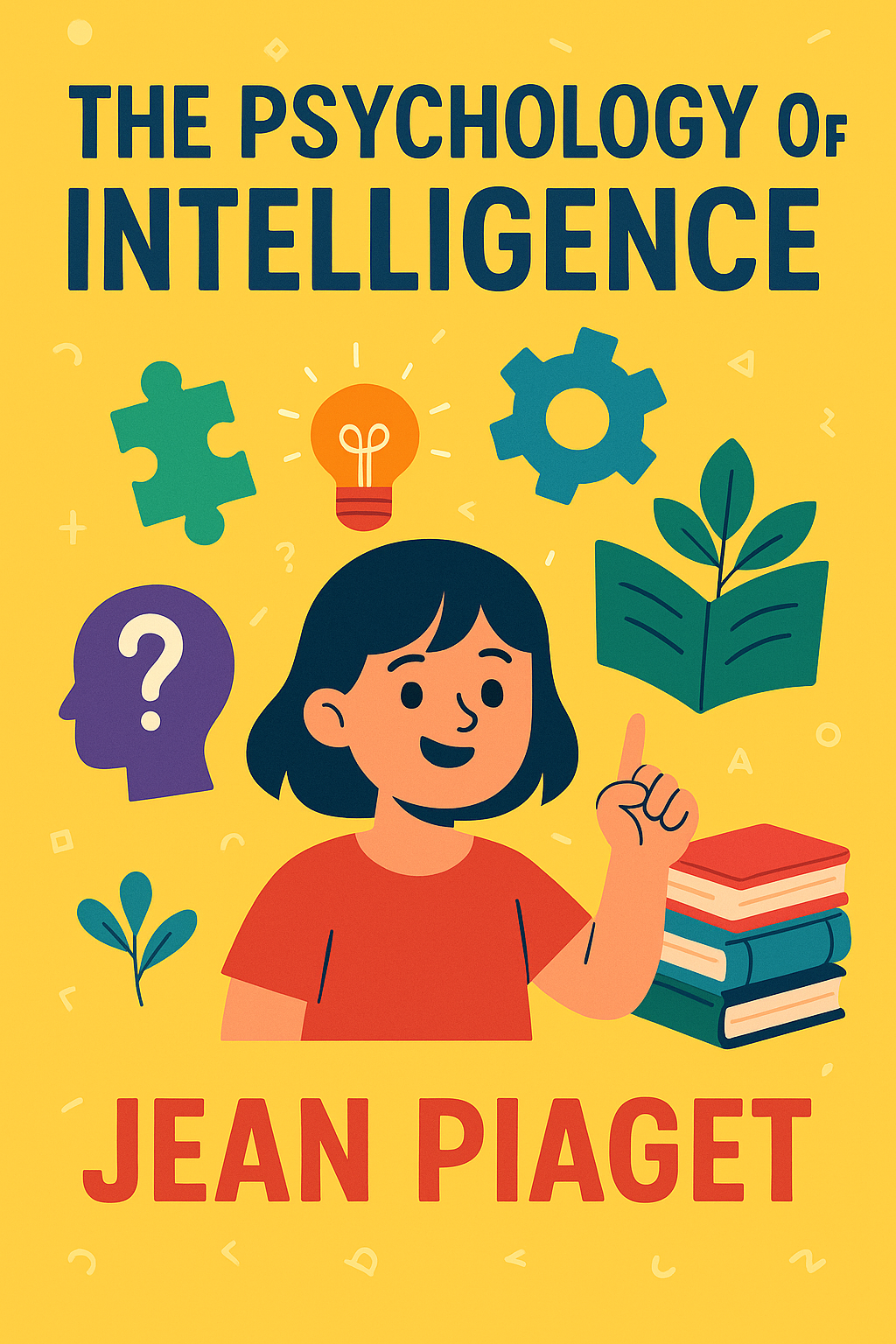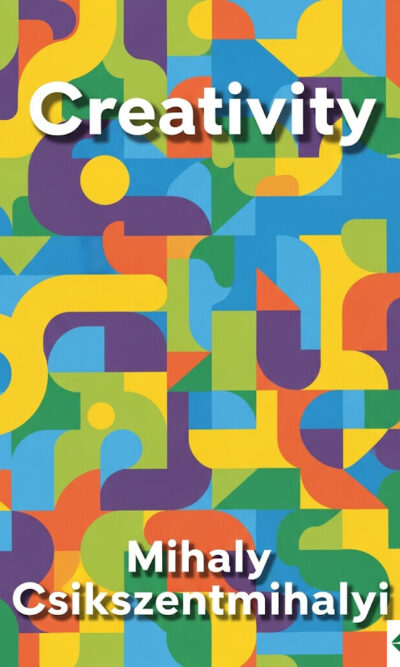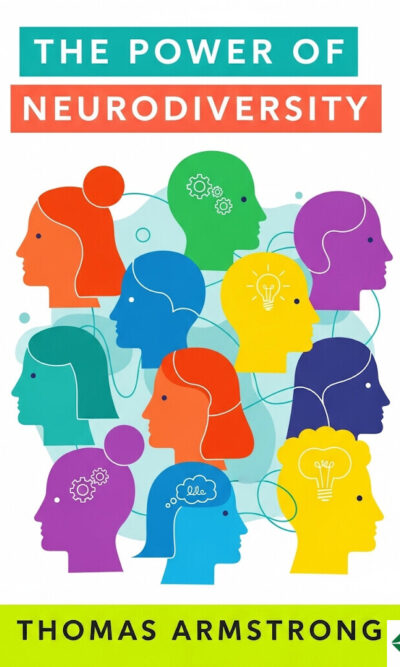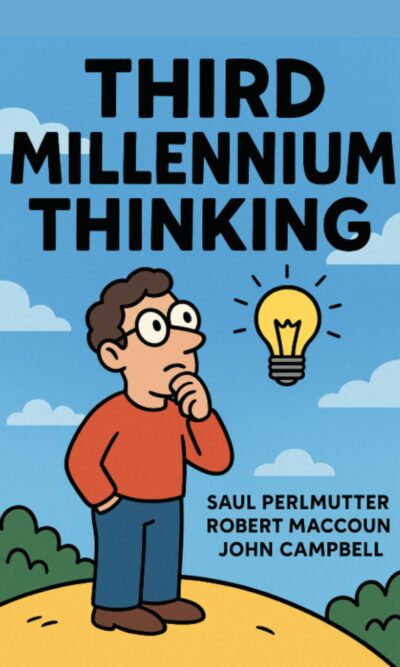Description
The Psychology of Intelligence by Jean Piaget is a study of how humans, especially children, learn, grow, and think. Instead of seeing intelligence as something fixed or as simple memory skills, Piaget argued that it is an active process. He believed intelligence is built through action, discovery, and continuous adaptation to the world. This approach completely changed the way people understood learning and child development.
Piaget started with an important observation: children do not simply think like small adults who make more mistakes. They actually reason in completely different ways. Their errors are not just wrong answers; they reveal how their minds work. This was a groundbreaking idea in the early 20th century and formed the base of Piaget’s life’s work.
For Piaget, intelligence is action. It is not just having information stored inside the brain, but using actions—both physical and mental—to build understanding. A toddler learns by poking, touching, and pulling objects. Later, children manipulate ideas in similar ways: they group, compare, and rearrange them. This process of acting, testing, and reconstructing knowledge is what creates intelligence.
A central idea in Piaget’s theory is adaptation. Just like plants and animals adapt to survive in new environments, humans adapt both physically and mentally. He explained two main forms of adaptation: assimilation and accommodation. Assimilation happens when we fit new information into what we already know. Accommodation happens when we adjust or create new ways of thinking to handle something unfamiliar. For example, if a child sees a squirrel and calls it a dog, that is assimilation, because it fits into the child’s existing idea of “four-legged animals.” But when the child learns that squirrels are a different kind of animal, he must change or expand his mental framework—that is accommodation.
These two processes work together and keep our minds developing. Assimilation helps us apply what we already know to new situations. Accommodation forces us to grow by reorganizing or building new categories when old ones no longer fit. Together, they push forward learning.
Piaget also emphasized that intelligence is not a smooth, endless line of growth. Instead, it develops in stages. Each stage represents a different way of thinking, and once children reach a new stage, they gain new abilities that were impossible before. These stages are like stepping stones, each building on the last, moving toward the complex reasoning skills of adults.
The first stage happens during infancy, from birth to around two years old. At this point, babies learn through their senses and movements. They discover that objects exist even when they cannot see them—something Piaget called “object permanence.” For a baby, if a toy is hidden under a blanket, at first it may seem to vanish from existence. Later, the child learns to look for it, realizing it still exists. This is a huge step because it shows the child now understands the world as something stable and independent.
The second stage begins roughly between two and seven years of age. Here, children develop the use of language and imagination, but their thinking is still “preoperational.” They are often egocentric, meaning they struggle to see the world from another person’s perspective. For example, when asked to describe what a doll sees from a different viewpoint, young children will often describe their own view instead. At this stage, they also find concepts like time and quantity confusing.
The third stage is called the concrete operational stage, lasting from about seven to eleven years old. Here, children begin to think logically about concrete objects and events. They learn the principles of conservation, meaning that quantity does not change even if appearance does. For instance, they understand that water poured from a tall glass into a wide bowl is still the same amount. They also grasp reversibility—the idea that actions can be undone—and classification, the ability to group objects into categories and subcategories. These logical skills mark an important leap forward in mental development.
The fourth stage begins around age twelve and continues into adulthood. This is the formal operational stage. Now, thinking becomes abstract. Instead of only relying on direct physical objects, children can reason with hypothetical situations. They can solve problems using deductive logic, imagining outcomes even if they are not real. This ability to handle abstract concepts allows for scientific reasoning, philosophical thought, and advanced problem-solving.
What drives the shift from one stage to another is the search for balance, or what Piaget called equilibrium. When children encounter something they cannot explain with their current knowledge, they feel a kind of mental imbalance. To restore balance, they must either assimilate the new idea into what they already know or accommodate by creating new ways of thinking. Each successful adaptation brings them to a higher level of reasoning.
Piaget’s theory shows that intelligence is not about storing facts but about building systems of understanding. It is about how humans create meaning, connect ideas, and adapt to the world. He believed children are active learners, not empty containers waiting to be filled with information. They construct their own knowledge step by step, through interaction with the environment.
This approach has had lasting influence. It shaped modern education, showing the importance of discovery learning, exploration, and critical thinking. Teachers today often encourage children to experiment, ask questions, and solve problems on their own because of Piaget’s insights.
Though later research has refined and sometimes challenged parts of his theory, Piaget remains one of the most important figures in psychology. His work continues to remind us that intelligence is not a fixed gift. It is a process, a journey of active engagement with the world, driven by curiosity, mistakes, and the constant search for balance.
In summary, The Psychology of Intelligence gives us a clear message: intelligence is alive, flexible, and always under construction. From the first grasp of an infant to the abstract reasoning of a teenager, our minds grow by acting, adapting, and reshaping what we know. It is through this ongoing process that human beings learn to understand themselves and the world around them.





